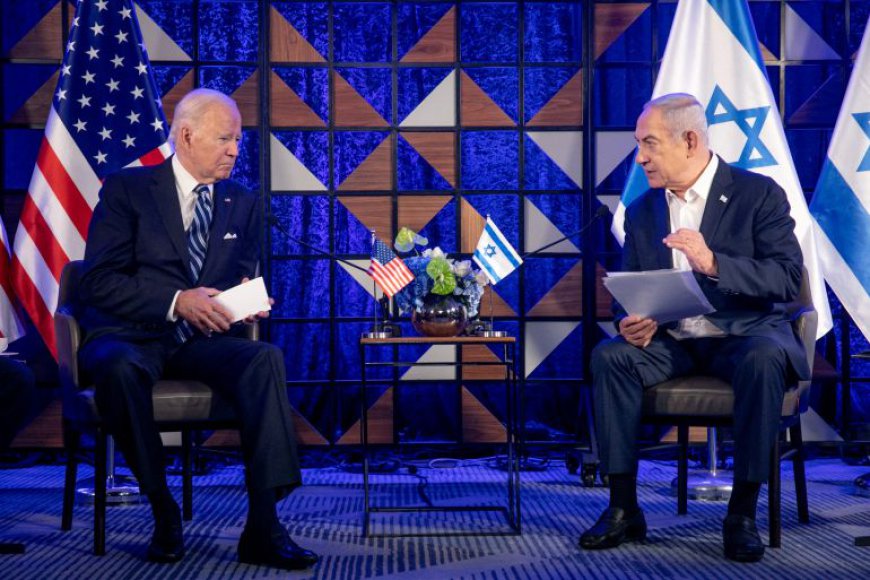Global Perspectives on Israel-Gaza Conflict: Divisions, Diplomacy, and the Two-State Solution
Explore the deeply divisive Israel-Gaza conflict, delving into the diplomatic clashes, language disparities, and UN resolutions. Gain insights into the global stance on terms like "ceasefire" and "occupier" and discover the nations supporting Israel or advocating a two-state solution. Stay informed on countries cutting ties and those firmly backing Israel amid this two-month war.

Two months into the Israel-Gaza conflict, the world remains deeply divided on key issues, from the terminology used to describe the situation to the diplomatic clashes at the United Nations. This article aims to dissect the global perspectives on the ongoing conflict, shedding light on the nuances that have emerged.
Ceasefire vs. Humanitarian Pause: The Linguistic Divide
One of the central points of contention revolves around the choice of words to address the ending of violence. While 55% of nations advocate for a "ceasefire," others, particularly Israel's allies, prefer the term "humanitarian pause." This linguistic divergence reflects the broader disagreement on how to approach the conflict and its resolution.
Occupier Debate: Indecisiveness on Terminology
The debate over whether to label Israel as an "occupier" exposes another fault line in global opinion. While 46% of countries use the term in reference to Israel or the Palestinian territory, 54% refrain from doing so. This indecisiveness extends to discussions about Israel's blockade of Gaza and settlements in the West Bank and East Jerusalem.
UN Resolutions: A Series of Setbacks and Disagreements
The UN Security Council's attempts to pass resolutions have been marked by indecision and disagreement. Four out of five resolutions failed, with the first draft on October 16 facing criticism for not condemning Hamas. The subsequent drafts also grappled with issues surrounding Israel's right to self-defense, leading to repeated deadlocks.
Two-State Solution: Broad Consensus Amid Division
Despite the divisions on other fronts, there is a notable consensus among nations regarding the two-state solution. An overwhelming 95% of countries have called for a two-state solution or an independent Palestinian state parallel to Israel, emphasizing a shared belief in this path to regional peace.
Cutting Ties and Strong Backing: Shifting Alliances
The war has prompted several countries to cut ties with Israel, including Belize, Bolivia, and South Africa, while others, such as Bahrain and Jordan, have withdrawn ambassadors. In contrast, the United States maintains unwavering support for Israel, exemplified by President Joe Biden's diplomatic backing and significant military aid.
Conclusion: Navigating a Complex Geopolitical Landscape
As the conflict unfolds, the world grapples with divergent perspectives, linguistic nuances, and geopolitical challenges. Understanding these dynamics is crucial for comprehending the complexities surrounding the Israel-Gaza conflict and the ongoing quest for a sustainable resolution.







